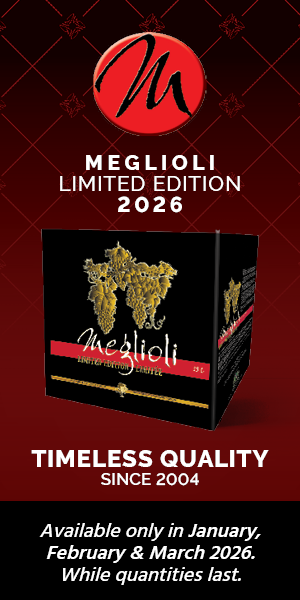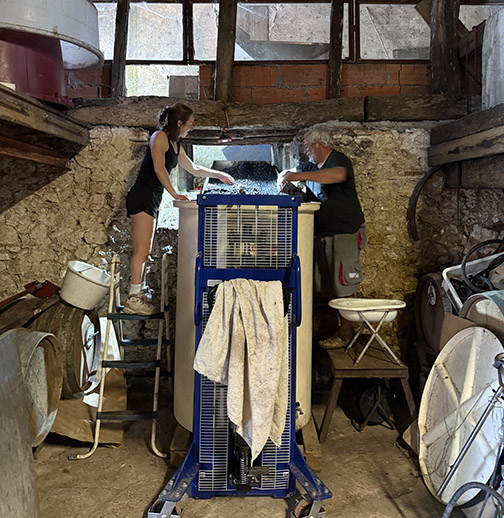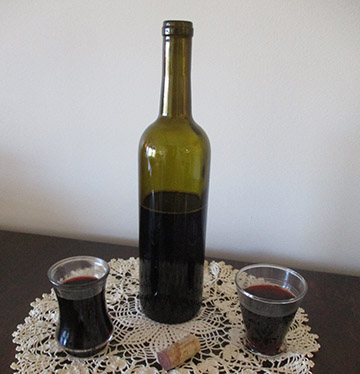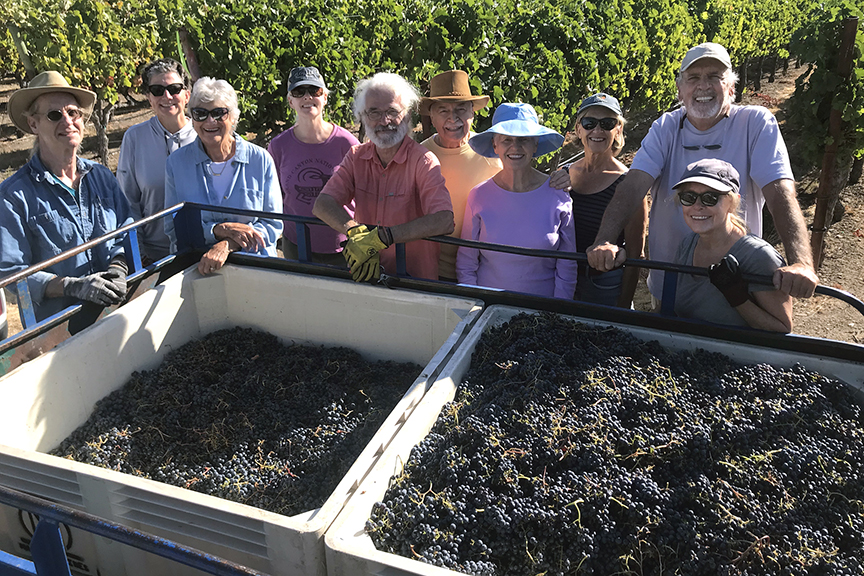Amateur to Pro Winemaking Glory
Raymond “Butch” Meyer was the first person to win the “trifecta” of amateur wine competitions — having won top prizes in North America’s three most competitive amateur wine competitions. Those top awards include being named Grand Champion in the WineMaker International Amateur Wine Competition with a peach Port-style wine in 2005, Best of Show at the American Wine Society Amateur Wine Competition with a sweet Muscat in 1999, and top honors at the INDY International Wine Competition in both 2003 with a Sauvignon Blanc and in 2007 with a Diamond wine.
With a resumé of award-winning wines that cover the spectrum of wine styles, Meyer was offered his first commercial position in 2008 as the Winemaker for the new Brooks Hill Winery near his home in Shepherdsville, Kentucky. Since then, he’s helped start another commercial winery and is now the Winemaker at Forest Edge Winery, owned by his daughter and son-in-law.
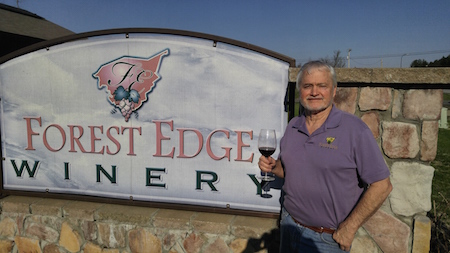
Meyer’s winemaking hobby began in 1985 with an overabundance of grapes and fruits growing in his backyard. “We could only use so much jelly, so I decided to try my hand at a batch of wine,” Meyer recalls. Following his first ribbon Meyer was hooked.
Meyer had a lot more time to dedicate to his winemaking hobby after retiring from a long career as an engineer in 2000 and he was soon making close to the maximum allowed amount for amateurs of 200 gallons (760 L) each year. Soaking up as much winemaking information from books and magazines, he then took an intense three-day commercial winemaking course taught by the Purdue Oenology Department. Still, Meyer never planned on going the commercial route until the opportunity presented itself.
“The biggest difference in commercial and home winemaking is the larger quantities produced. You also need more and better testing equipment. Much more paper work is involved because of all the ABC and TTB regulations,” he said. “All of the good practices concerning commercial and home winemaking are the same as far as quality of grapes, sanitation practices, and testing. One big difference is that you actually get paid for making commercial wine!”
With his winemaking roots entrenched deep into amateur winemaking, Meyer remains committed to sharing his passion for wine with others. He regularly holds grape pruning sessions and wine tastings, teaches home winemaking classes, and consults for other Kentucky wineries. “The first and most important advice I would give a commercial or home winemaker would be to obtain the best quality grapes and fruit available,” Meyer said. “Then, all equipment must be sanitary at all times. Learn the difference between good wine and inferior wine by tasting as many as you can. I would also suggest to anyone thinking of going commercial that they take some formal training and work as an apprentice under a current winemaker. That will allow them to learn the use of all testing equipment, and how to comply with all government regulations.”
Forest Edge sources fruit from California, Washington, and New York, but they also make wine from the local grapes, which more and more people are seeing can produce quality wines. “Bourbon is king around here and probably always will be (but) there are many great wineries in Kentucky now, and we are beginning to make an impact. In the year 2000, there were approximately ten wineries. Now there are about 75 with more being added every year.”
Even with more statewide competition (and Meyer’s resumé will show how much he loves competition!) Meyer’s wines still stand out. In 2015 Meyer was named “Wine Person of the Year” by the Kentucky Wineries Association. Not too bad for an engineer who didn’t have enough cabinet space for any more grape jelly.
